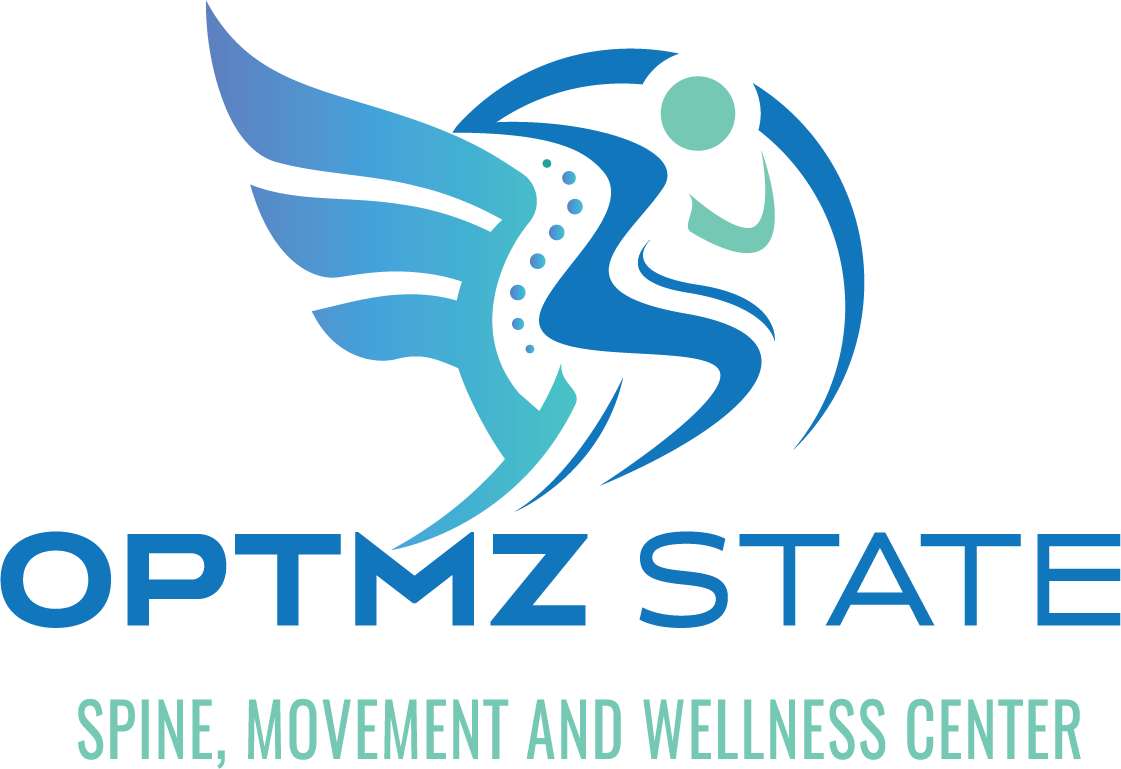When you've sustained a sports injury, it's tempting to brush it off or try to tough it out, but seeking professional help is essential for your long-term health and performance. An accurate assessment can reveal the true extent of your injury, allowing for a customized treatment plan tailored to your specific needs. This not only speeds up recovery but also minimizes the risk of future injuries. Understanding these benefits can greatly influence your athletic journey, but there's more to reflect on when deciding the best course of action for your recovery.
Professional Assessment Benefits
When you suffer a sports injury, seeking a professional assessment can be a game-changer. You might think you can push through the pain or self-diagnose, but that often leads to more significant issues down the line. A professional assessment guarantees you get an accurate understanding of your injury's severity and nature, allowing you to take the right steps toward recovery.
During your assessment, a trained expert will evaluate your injury using their knowledge and experience. They'll likely perform tests to gauge your range of motion, strength, and overall function. This hands-on approach helps pinpoint the exact area of concern and suggests the best course of action for your specific situation.
You'll also benefit from tailored treatment plans. Unlike generic advice you might find online, a professional can provide personalized rehabilitation exercises and strategies that cater to your unique needs. This focused approach not only speeds up your recovery but also reduces the risk of re-injury in the future.
Moreover, professional assessments often come with access to additional resources. You'll have the opportunity to work with physical therapists, trainers, or specialists who can guide you through your recovery process, guaranteeing you regain your strength safely and effectively.
In short, getting a professional assessment when you suffer a sports injury is essential. It sets you on the right path to recovery and helps you return to the sports you love with confidence. Don't underestimate the power of expert guidance in your healing journey.
Accurate Diagnosis Importance
Accurate diagnosis is vital for effective recovery from sports injuries. When you sustain an injury, identifying the specific issue is the first step toward healing. Without a clear understanding of your injury, you risk prolonging your recovery or, worse, exacerbating the problem. A precise diagnosis helps pinpoint the affected areas and determines the underlying causes of your pain or discomfort, setting the stage for targeted rehabilitation.
You might think that rest alone could help you bounce back, but that's often not the case. Different injuries require different approaches. For instance, a sprained ankle demands a different treatment plan than a torn ligament. If you misdiagnose your injury, you could end up following the wrong protocol, which could lead to complications or chronic issues in the future.
Moreover, an accurate diagnosis can provide you with peace of mind. Understanding what's wrong allows you to mentally prepare for the healing process, making it easier to follow through with recommendations from medical professionals. You'll feel more in control of your recovery when you know exactly what you're dealing with.
Lastly, obtaining a correct diagnosis often involves various assessments, including imaging tests or physical examinations. Seeking help from sports medicine specialists guarantees that you receive the most reliable evaluation.
This foundation of accurate information is essential for you to make informed decisions about your recovery and return to play safely and confidently.
Customized Treatment Plans
Customized treatment plans are essential for effective recovery from sports injuries. When you suffer an injury, it's vital to recognize that each case is unique. What works for one athlete mightn't be suitable for you. A tailored approach considers your specific injury, your physical condition, and your athletic goals, ensuring you get the most effective care.
By seeking professional help, you'll undergo a thorough assessment that identifies the root cause of your injury. This assessment allows your healthcare provider to create a plan that aligns with your needs. Whether you're dealing with a sprain, strain, or more complex injury, a customized plan can include various treatments such as physical therapy, exercises, or rehabilitation techniques designed specifically for you.
In addition to addressing the injury itself, a personalized treatment plan can help prevent future problems. By understanding your unique biomechanics and risk factors, you can incorporate preventive measures, ensuring a smoother return to your sport. This proactive approach not only aids in your recovery but also enhances your overall performance.
Furthermore, regular evaluations during your recovery process allow for adjustments to your plan as needed. As you progress, your treatment can evolve, ensuring you're always on the right path to returning to your sport stronger than before.
Ultimately, investing in a customized treatment plan is one of the best decisions you can make for your recovery and future athletic endeavors. Don't underestimate the power of personalized care on your road to recovery.
Effective Pain Management
Pain management plays an essential role in your recovery from sports injuries. When you're dealing with pain, it can be challenging to focus on rehabilitation and getting back to your sport. By effectively managing your pain, you can enhance your recovery process and improve your overall well-being.
One of the first steps in effective pain management is to consult with a healthcare professional who specializes in sports injuries. They can assess your condition and recommend appropriate treatments tailored to your needs. Options may include physical therapy, medication, or alternative therapies like acupuncture. Each method has its benefits, and your provider will help you find the best fit for your situation.
Incorporating ice and heat therapy can also be beneficial. Ice can reduce inflammation and numb the area, while heat can help relax tight muscles. Using these techniques at the right times can provide immediate relief.
Don't underestimate the power of rest and proper nutrition, either. Giving your body the time it needs to heal is vital, and fueling it with the right nutrients can speed up the recovery. Staying hydrated and consuming anti-inflammatory foods can further alleviate pain.
Lastly, consider mindfulness techniques such as meditation or deep breathing exercises. These can help you cope with pain and reduce stress, making the overall recovery process smoother.
Preventing Future Injuries
One key strategy for preventing future injuries is to establish an extensive training regimen. This means you shouldn't just jump into your sport haphazardly; instead, develop a structured plan that gradually increases in intensity. Start with warm-ups to get your muscles ready, and incorporate strength training to build resilience. Strengthening the muscles around your joints can greatly reduce the risk of injuries.
In addition to physical training, pay attention to your technique. Whether you're running, swimming, or playing basketball, proper form is essential. If you're unsure about your technique, consider working with a coach or trainer who can provide guidance and feedback. They can help you identify bad habits that could lead to injuries down the line.
Don't forget to listen to your body. If you feel pain or discomfort, take it seriously. Ignoring these signals can lead to more severe injuries. Rest and recovery are just as important as training, so make sure you're giving yourself adequate time to heal and recharge.
Finally, consider cross-training. Engaging in a variety of physical activities keeps your body balanced and reduces the risk of overuse injuries. It can also help improve your overall performance in your primary sport.
Conclusion
Injuries can sideline your athletic pursuits, but seeking help is key to getting back on track. By getting a professional assessment, you guarantee an accurate diagnosis, leading to a customized treatment plan that speeds up your recovery. Plus, with expert guidance, you can manage pain effectively and learn how to prevent future injuries. Don't let a setback hold you back—take the first step toward a safe recovery and improved performance by reaching out for help today.



